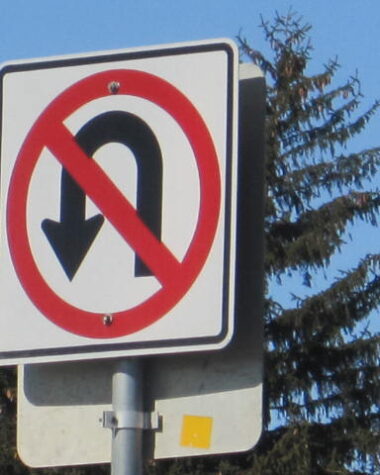“To understand what a person means or says, it’s basically necessary to already know what that person means or is saying.”*
Do I think that is true? Been pondering this observation for several days.
Thinking that I know what the other person is saying interferes with hearing what they actually are saying, at least sometimes. Especially if what they say is different from my expectations. But that’s the opposite of what the sentence above is inferring isn’t it?
I’d love to know what you think. The implications are serious I think. I will continue to think about this while I’m polishing up Chapter 1 of my memoir describing my experience in psychoanalysis and beginning another revision of Chapter 2. I also have to search my old journals for entries that may be used. “Look at your old journals as you look at literature,” my book coach suggested. Wish me luck!
Thanks for exploring the mystery – Nicky Mendenhall
*This is a line from Go, Went, Gone, a fascinating novel by Jenny Erpenbeck that I highly recommend.
Image is from Edward Burtynsky’s exhibit on Water that we viewed at the Faulkner Gallery in Grinnell, 2013.






11 comments
I'm with you, Nicky. The implications are serious! When we "listen" to others already "knowing," we are not listening–we are projecting. There is way too much of that going on these days! We need to listen without knowing–I will remind myself of that this week! And best of luck with the revision–that's my favorite part!
Thanks Diane. I'm getting some other comments that indicate this is not as simple as it may have seemed to me.
Keep reading and see what you think!
listening is an important skill and perhaps the essence of the Feldenkrais Method. Perhaps we never will know completely what someone else is thinking. But I believe the effort to know and connect is important
Hi Scott,
I spent some time listening to the Feldenkrais Summit last week and agree that listening is key to the Method.
Thanks for responding – I'm learning that words are more complicated than I had thought!
"To understand what a person means or says, it's basically necessary to already know what that person means or is saying."*
It’s an interesting thought, but makes me wonder how you would learn anything new if that was the case. Also implies you already know or that you’re not really actively listening.
Good question – how do we learn anything new? Maybe that's why it is so difficult to change our views?!
Thanks for reading and commenting. Hope you are well
A more fundamental question is, "Do you have to think in order to know?"
I'd say, "no". I don't have to think the oven is hot in order to know it is hot…
I can see where thinking you know what someone is saying can get in the way of actually hearing what they are saying. But knowing what they are saying is not going to be a problem.
I love your more fundamental question – and your answer. And NOTE for other readers – I know who Anon is so trust the info – this person has reasons for remaining Anon.
Knowing has a bodily aspect IMO. So interesting to think about this stuff!
I think Jenny E is quite wrong, unless she has some obscure explanation!
PS – and I meant to say – you are quite right!
xxT
Thanks Trish – I like to be right. I'm still pondering the comment. Do I really already know what someone is saying when they are saying it? I think a majority of times I think I know. Maybe this is why sometimes when someone says something I wasn't expecting (like my analyst often does), I have trouble hearing it.
Comments are closed.